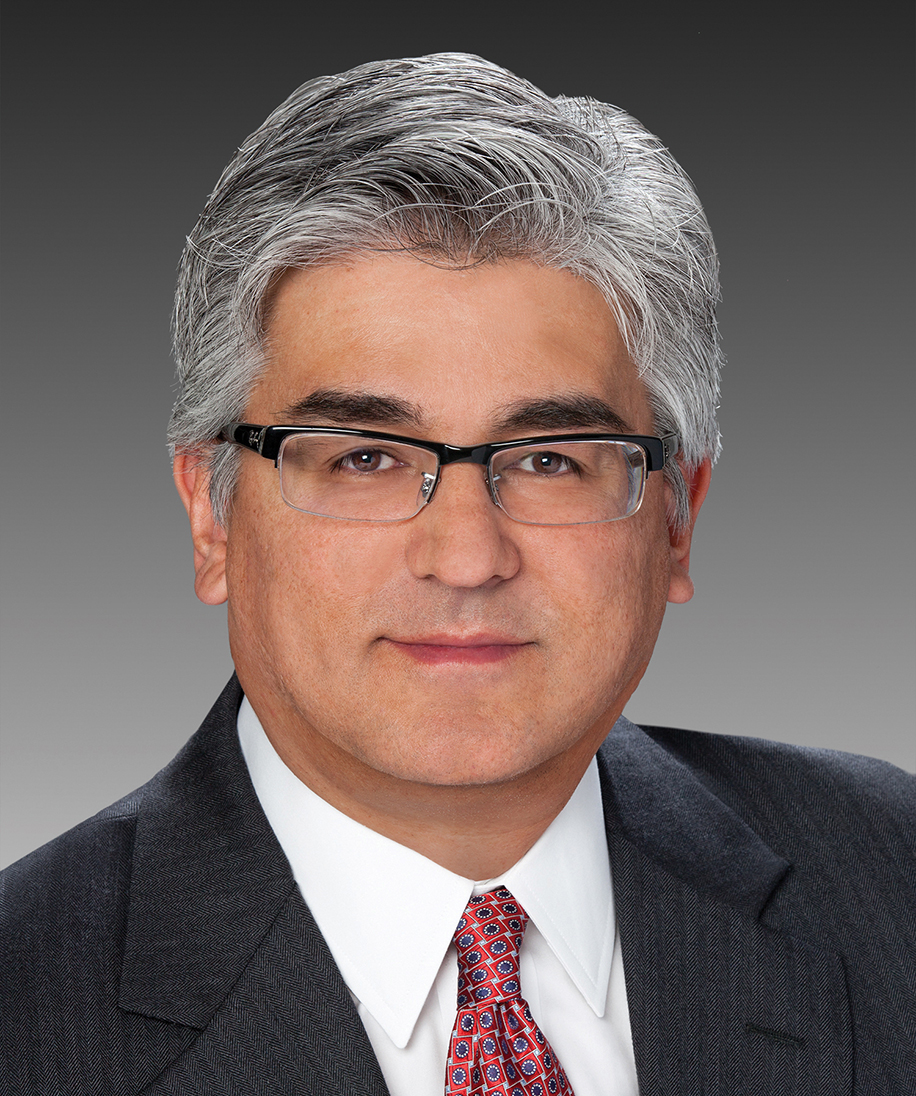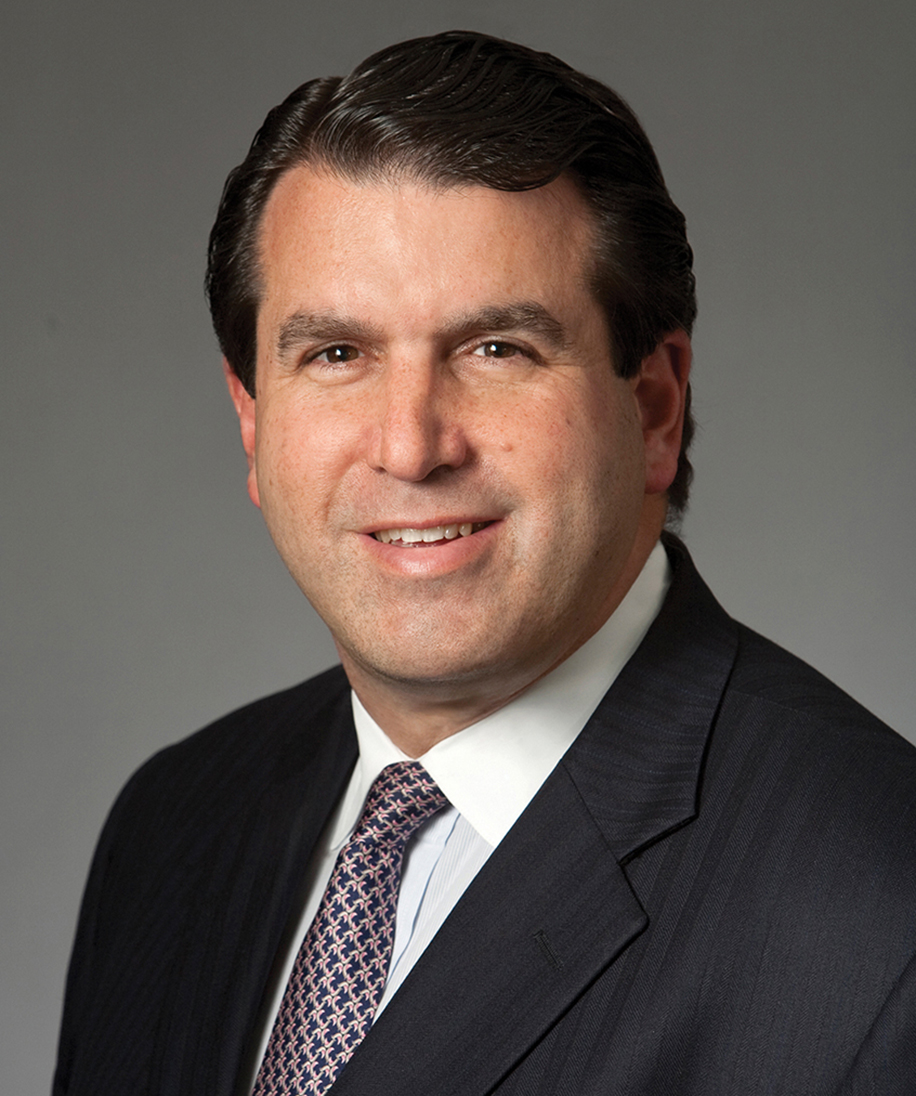Client Alert
SEC Proposes Changes to Fund of Funds Arrangements
December 20, 2018
By The Investment Management Practice
On December 19, 2018, the Securities and Exchange Commission (“SEC”) proposed a new rule and amendments under the Investment Company Act of 1940, as amended (the “1940 Act”) intended to address the regulatory framework applicable to funds that invest in other funds. In addition, the SEC also proposed to rescind rule 12d1-2 under the 1940 Act and most of the exemptive orders granting relief from sections 12(d)(1)(A), (B), (C) and (G) of the 1940 Act. The SEC also proposed amendments to rule 12d1-1 and Form N-CEN (collectively, the “Proposal”).
By way of background, section 12(d)(1) was enacted to prevent a number of abuses associated with undue influence and control by acquiring fund shareholders, the payment of duplicative or excessive fees, and the creation of complex fund of funds structures. Today, funds are subject to two sets of prohibitions. First, section 12(d)(1)(A) prohibits a registered fund (and companies or funds it controls) from: acquiring more than three percent of a fund’s voting securities; investing more than five percent of its total assets in any one acquired fund; or investing more than ten percent of its total assets in all acquired funds. Second, section 12(d)(1)(B) prohibits a registered open-end fund from selling securities to any fund (including unregistered funds) if, after the sale, the acquiring fund would: together with companies and funds it controls, own more than three percent of the acquired fund’s voting securities; or together with other funds (and companies they control) own more than ten percent of the acquired fund’s voting securities.
Congress, however, also recognized that the foregoing limitations would also prevent legitimate fund of funds arrangements, and as a result, three exceptions have been created under which different types of fund of funds arrangements are permitted today: (1) conduit arrangements, section 12(d)(1)(E); (2) unaffiliated fund of funds arrangements, section 12(d)(1)(F); and (3) affiliated fund of funds arrangements, section 12(d)(1)(G). When Congress enacted section 12(d)(1)(G), it also gave the SEC specific authority to permit additional types of fund of funds arrangements as structures evolved. Section 12(d)(1)(J) of the 1940 Act allows the SEC to exempt any person, security, or transaction, or any class or classes of transactions, from section 12(d)(1) if the exemption is consistent with the public interest and the protection of investors. The SEC exercised this exemptive authority in 2006 when it adopted rule 12d1-1, rule 12d1-2, and rule 12d1-3, which were based on relief the SEC previously provided in a number of exemptive orders.
Over the years, the SEC has issued numerous exemptive orders that provided relief from section 12(d)(1). However, the exemptive order process takes time and typically results in increased costs for a fund that seeks an exemption from the limits set out in section 12(d)(1). Furthermore, not all exemptive orders are created equal, and as a result, similar fund of fund arrangements may be subject to different conditions. SEC Chairman Clayton noted that because “[m]utual funds, exchange-traded funds and other types of funds have become increasingly important for Main Street investors to save for retirement and meet their other financial goals”, the Proposal “would create a consistent, rules-based framework for fund of funds arrangements while providing robust protections for investors.”
Proposed Rule 12d1-4
The proposed rule would permit a registered investment company or business development company (BDC) to acquire the securities of any other registered investment company or BDC in excess of the limits in section 12(d)(1) of the 1940 Act. While the proposed rule is based on the SEC’s current exemptive orders permitting fund of funds arrangements, the SEC noted that it is tailored to enhance investor protections while providing funds with flexibility to meet their investment objectives in an efficient manner. The proposed rule's conditions include the following:
Control and Voting. Proposed rule 12d1-4 would prohibit an acquiring fund from controlling an acquired fund and would require an acquiring fund that holds more than three percent of an acquired fund's outstanding voting securities to vote those securities in a prescribed manner in order to minimize the influence that an acquiring fund may exercise over an acquired fund. An acquiring fund that is part of the same fund group as the acquired fund and an acquiring fund that has a sub-adviser that acts as adviser to the acquired fund would not be subject to the control and voting conditions.
Redemption Limits. To address concerns that an acquiring fund could threaten large-scale redemptions as a means to exert undue influence over an acquired fund, the proposed rule would prohibit an acquiring fund that acquires more than three percent of an acquired fund's outstanding shares from redeeming more than three percent of the acquired fund's total outstanding shares in any 30-day period.
Excessive Fees. The proposed rule includes conditions designed to prevent duplicative and excessive fees in fund of funds arrangements by requiring an evaluation of aggregate fees associated with the investment in the acquired fund and the complexity of the fund of funds arrangement. Proposed rule 12d1-4 sets forth an alternative fee condition when the acquiring fund in a fund of funds arrangement is a unit investment trust (UIT). Specifically, on or before the date of initial deposit of portfolio securities into a registered UIT, the UIT’s principal underwriter or depositor must evaluate the complexity of the structure and the aggregate fees associated with the UIT’s investment in acquired funds, and find that the fees of the UIT do not duplicate the fees of the acquired funds that the UIT holds or will hold at the date of deposit. The proposing release notes that due to the unmanaged nature of UITs and the fixed nature of their portfolios, it would be inconsistent with UITs’ structure and portfolios to require UITs to re-evaluate their acquired fund finding over time. The requirement only applies, therefore, at the time of the UIT’s creation. Nevertheless, this determination generally should consider taking into account the planned structure of the UIT’s holdings. The proposed rule would require an acquiring fund that is a UIT to maintain and preserve a written record of the finding of its principal underwriter’s or depositor under the proposed rule and the basis for such finding.
Complex Structures. To limit funds' ability to use fund of funds arrangements to create overly complex structures, proposed rule 12d1-4 generally would prohibit funds from creating three-tier fund of funds structures, except in certain limited circumstances. The SEC did note that this condition, however, would not prevent another fund from investing all of its assets in an acquiring fund in reliance on section 12(d)(1)(E). The proposing release noted that the SEC does not believe that three-tier structures involving a master-feeder arrangement present the risk that section 12(d)(1) was designed to address. The SEC noted that this type of three-tier structure would permit a target date fund (itself an acquiring fund) to simply act as a conduit through which an insurance product separate account invests.
Among other things, the proposed rule would allow open-end funds, UITs, and exchange-traded funds (ETFs) to invest in unlisted closed-end funds and unlisted BDCs beyond the limits in section 12(d)(1). It is also worthy to point out that in the proposing release the SEC has asked for input on whether acquired fund fees and expenses (AFFE) that funds are required to include in their fee tables have been effective. Specifically, the SEC acknowledged that since the adoption of the AFFE disclosure requirement, concerns have been expressed with respect to disclosure of fees and expenses of certain acquired funds, e.g., private funds other than hedge funds, and BDCs. As a result, the SEC is soliciting comment on whether certain funds should be exempt from the AFFE disclosure requirement. Recently certain BDC trade groups have argued that AFFE disclosure should not apply to BDCs.
Proposed rule 12d1-4 would similarly increase permissible investments for closed-end funds beyond ETFs and exchange-traded managed funds (ETMFs) to allow them to invest in open-end funds, UITs, other closed-end funds, and BDCs, in excess of the section 12(d)(1) limits. Under the proposed rule, BDCs, which currently may only invest in ETFs in excess of the section 12(d)(1) limits, would additionally be permitted to invest in open-end funds, UITs, closed-end funds, other BDCs, and ETMFs. The proposed rule would also allow ETMFs to invest in all registered funds and BDCs. However, it is important to note that the Proposal does not cover private funds or foreign funds because, as the SEC noted, such funds are not registered with the SEC and would not be subject to the reporting requirements proposed on Form N-CEN.
Proposed Rescission of Rule 12d1-2 and Certain Exemptive Relief
The SEC is proposing to rescind rule 12d1-2, which permits funds that primarily invest in funds within the same fund group to invest in unaffiliated funds and non-fund assets. The SEC also is proposing to rescind the SEC’s exemptive orders permitting fund of funds arrangements, with limited exceptions. As a result, funds wishing to create certain types of fund of funds arrangements that exceed the statutory limitations would be required to rely on proposed rule 12d1-4 and comply with its associated conditions. The orders covered by this proposed rescission include all orders granting relief from sections 12(d)(1)(A), (B), (C), and (G) of the 1940 Act with one limited exception. Specifically, SEC is not proposing to rescind the exemptive orders providing relief from section 12(d)(1)(A) and (B) granted to allow certain interfund lending arrangements. In addition, the proposing release noted that staff in the Division of Investment Management is reviewing staff no-action and interpretative letters relating to section 12(d)(1) to determine whether any such letters should be withdrawn in connection with any adoption of the Proposal.
Proposed Amendments to Rule 12d1-1
The Proposal also recommends amending rule 12d1-1 to allow funds that primarily invest in funds within the same fund group to continue to invest in unaffiliated money market funds. The Proposal also includes amendments to Form N-CEN to require funds to report whether they relied on rule 12d1 -4 or the statutory exception in section 12(d)(1)(G) of the 1940 Act during the applicable reporting period.
The comment period for the proposed rule and amendments will be 90 days after publication in the Federal Register.
A copy of the Proposal can be found here.
Contributors




Practice Areas
For More Information



